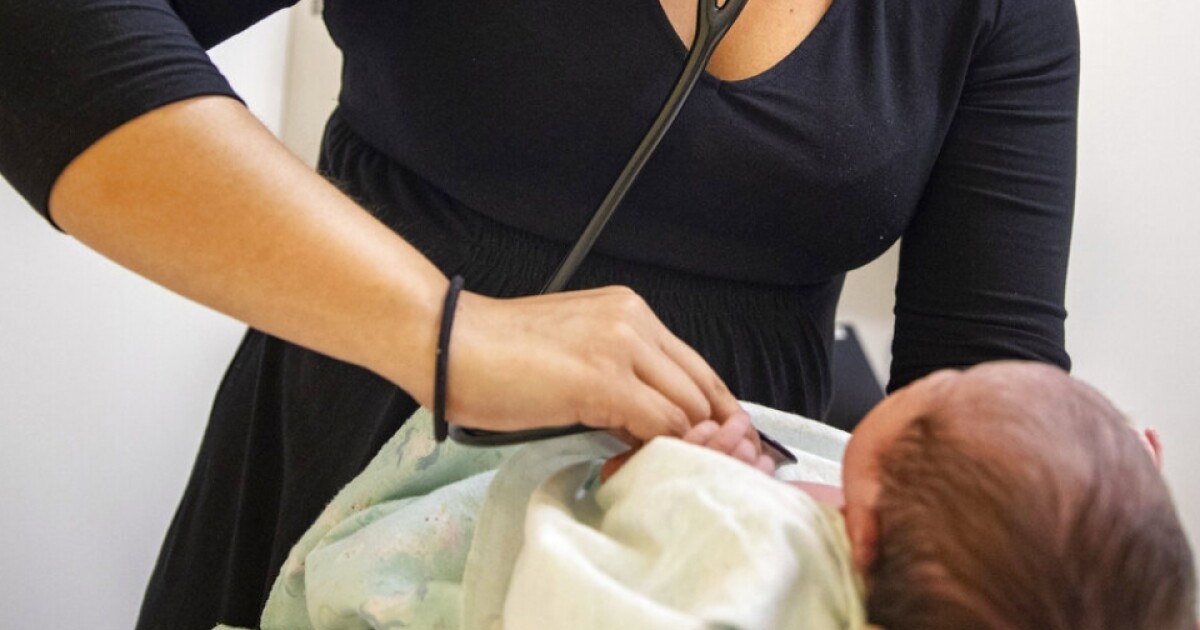Congenital disorders
Health officials alarmed by ‘dire’ rise in dangerous, preventable syphilis infections in babies
In today’s Health Alert, health officials are sounding the alarm over a “dire” surge in dangerous syphilis infections in newborns.
The latest figures from the CDC show cases have reached the highest levels in over three decades.
Now, according to the CDC, in 2022, there were over 3,700 babies born with syphilis. This is a 32% increase from 2021 and a 1,000% increase since 2012.
Syphilis during pregnancy is called congenital syphilis. Congenital means that it’s present at birth. Unfortunately, this condition can be severe and disabling. Untreated syphilis may damage a baby’s organs and bones or lead to blindness or deafness. It can also cause miscarriage, stillbirth, and even death. Sadly, there were 231 stillbirths and 51 infant deaths last year alone.
What’s particularly troubling is that the CDC found that 88% of the cases reported last year could have been prevented. Among the over 2,100 cases where testing was conducted and patients tested positive, more than half were not treated, or they didn’t receive the correct drug or the proper medication dose. This is really disheartening because syphilis is highly treatable with penicillin.
Did the CDC identify who is most at risk for congenital syphilis? And what can be done about the rising numbers?
CDC data from 2021 revealed that babies born to Black, Hispanic, or American Indian or Alaska Native mothers were up to eight times more likely to have congenital syphilis compared to those born to white mothers. And there were several reasons as to why this is happening.
Many pregnant Moms face difficulties accessing regular care like OB-GYN visits due to factors like transportation issues, lack of health insurance, work commitments, caretaking responsibilities, or language barriers. Also, some patients are low-income and may encounter systemic racism or struggle with substance use disorders.
As for what can be done, the CDC ‘s report is calling for more testing and treatment outside traditional prenatal care. This includes places like emergency departments and substance use treatment centers, where patients with limited healthcare access are more likely to seek help.
Testing is crucial as it’s not uncommon for syphilis cases in pregnancy to go undetected because they can lack symptoms or have subtle, non-descript signs. In the initial stage, symptoms typically involve painless sores in the mouth, rectum, or genitals, which last for about 3 to 6 weeks and then disappear, whether or not treatment is received.
That’s why it’s essential for everyone to get tested for syphilis, especially if you’re pregnant, as it can lead to severe, lifelong complications for the baby.

